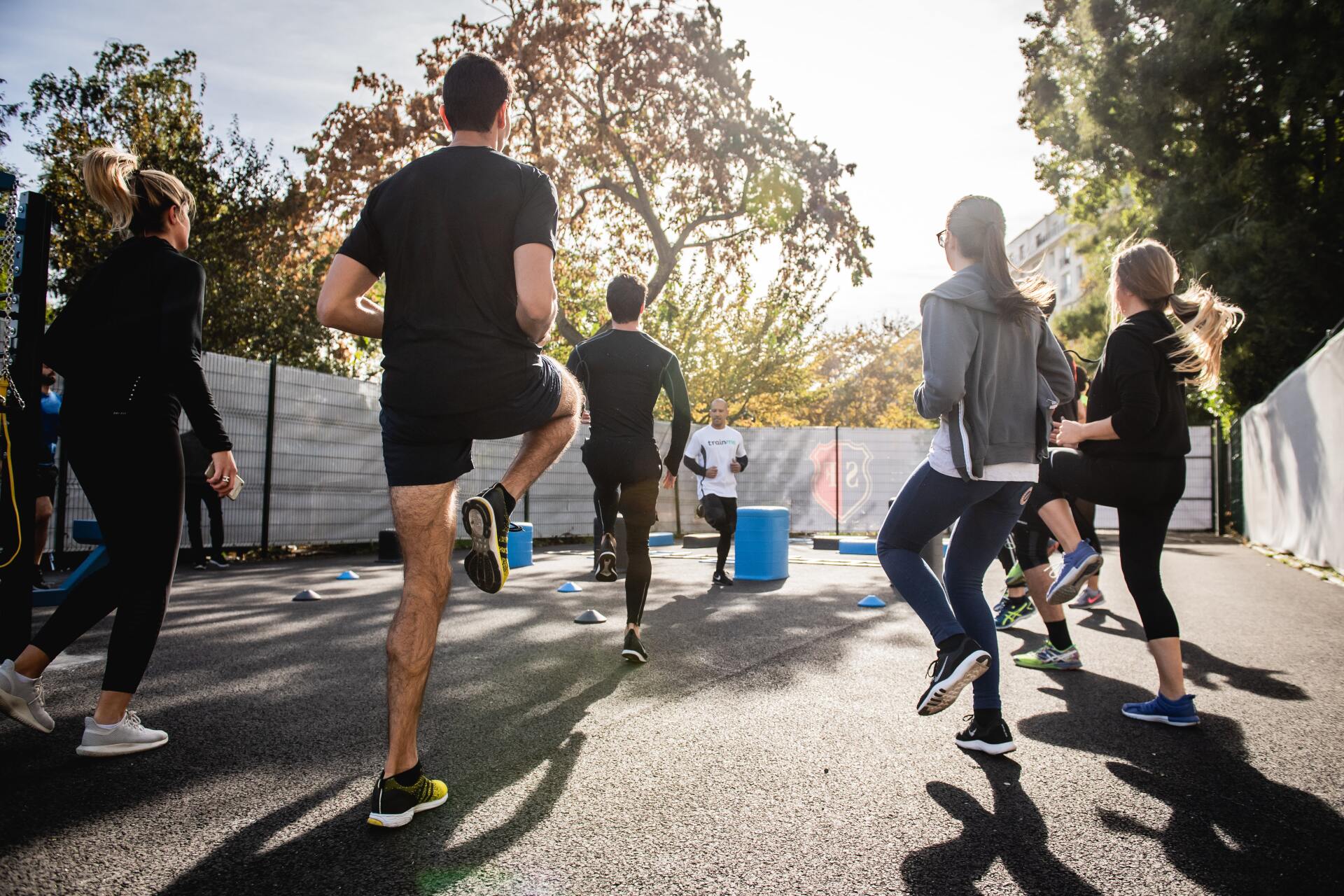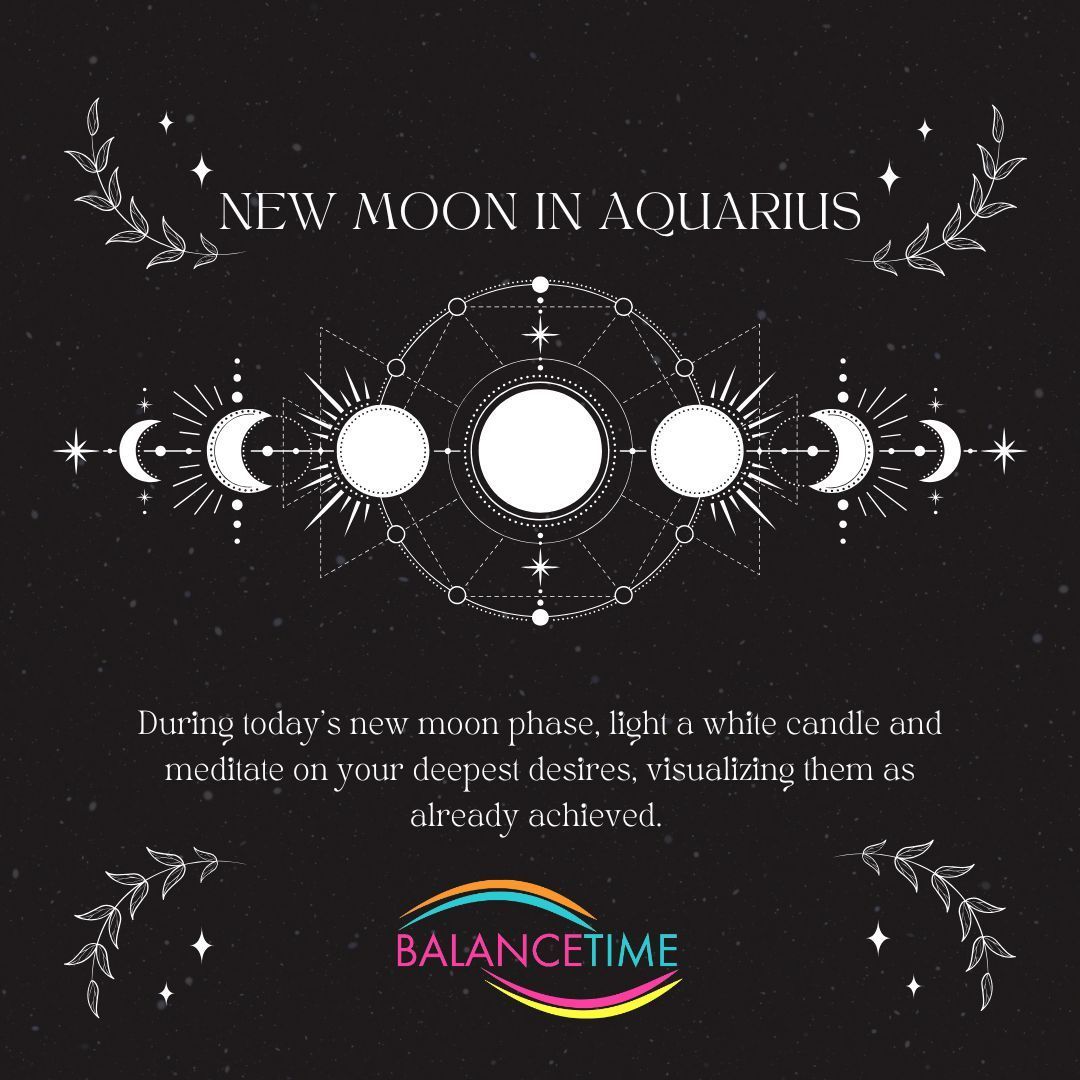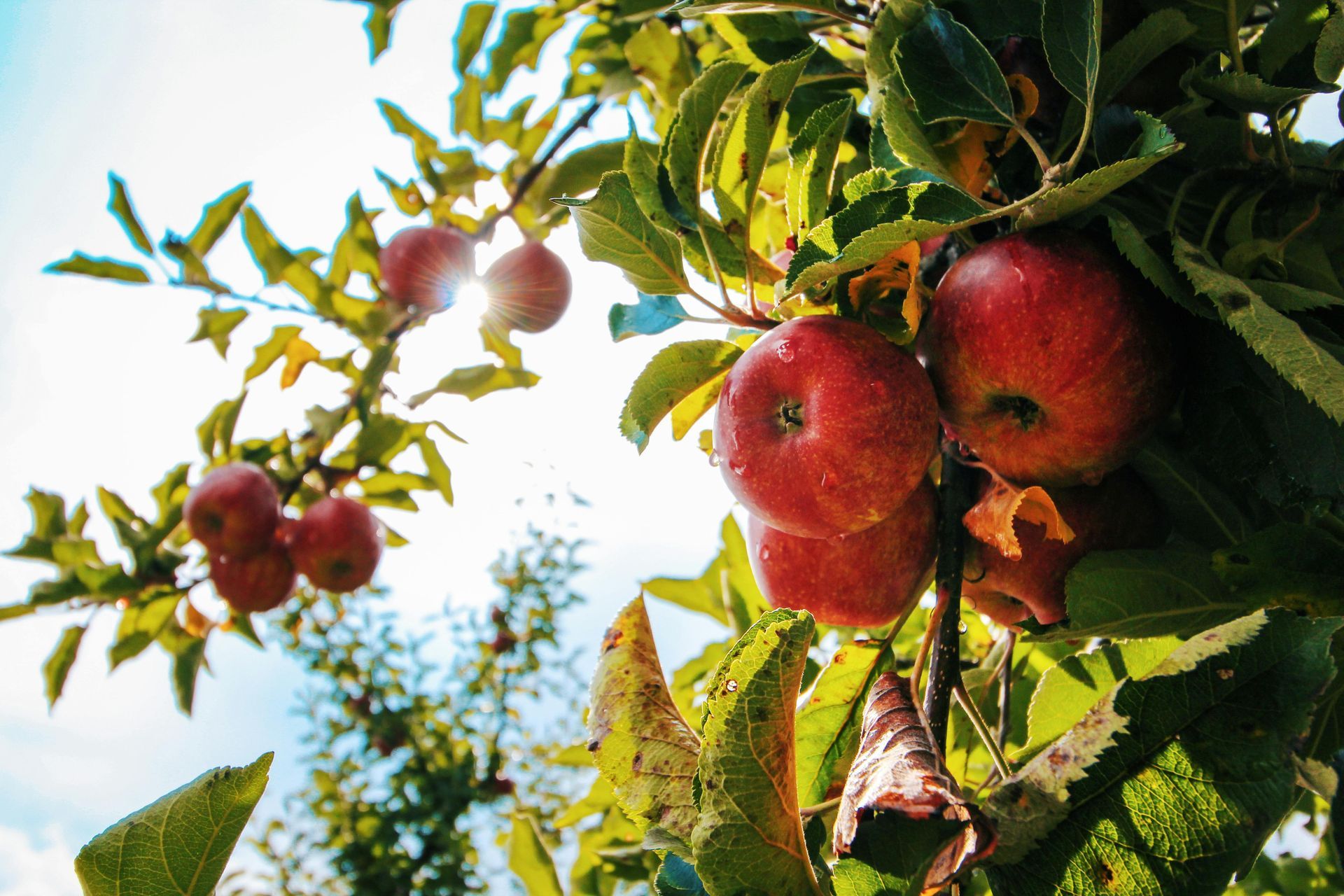Have you embraced the five ways to wellbeing in your business?
This month’s long read – 10 minutes of your time could change the way you look at the value of wellbeing in your business

Many of you will be
aware of the 'five ways'
as a well-researched approach to look after your wellbeing. It’s
become a wellbeing approach adopted by the NHS for good mental health – but the
research behind the approach is about much more than mental health and can even
provide a platform to help business continuity!
You may not know that the five ways to wellbeing that the NHS and charities like Mind mention in conjunction to good mental health, were developed back in 2008 by the New Economics Foundation to find a simple philosophy to help people look after their personal health (physically and mentally). Much as the 5 A Day concept was born years before to help with encouraging people to eat more healthily.
At the core of the five ways there is a wonderful framework both for individuals and businesses to start to give structure around wellbeing.
For you personally, it is a reminder that your health is about more than what we eat and how we move. For organisations, the five ways link into business continuity management and operational excellence.
So how do the 5 ways have relevance to you anyway?
Let’s remind ourselves of each of the ‘ways’: Connect – Be Active – Be Mindful/Curious – Keep Learning and Give
Sound familiar? How many of these have you adopted in your personal approach to coping with lockdown and the challenges of the pandemic?
Most of us have reached out and connect ed to family and friends on zoom (and realised how much we miss and need face to face connection), most of us have pushed ourselves to be active if only to enjoy the ‘escape’ of the house lockdown with daily exercise, getting out for a walk or run or staying in trying Joe Wicks or another You Tube workout, at least once.
Many of us have kept learning by exploring new skills and hobbies. Some learning has been hates by many, such as trying to home-school, learning about fronted adverbials along with your 7 year old or complex trigonometry, biology and history. Some learning has been loved by many – baking bread for the first time (if you could get flour), gardening – even just growing a few seeds on the window sill, painting – even if it was just rainbows displayed on the windows.
Many people have started to get curious about mindfulness, exploring meditation, trying breathing techniques for calm, wanting to understand anxiety and how our mind works. More and more of us have been trying to find a sense of wonder and adventure in the ‘ordinary’ to bring delight to the challenge of being stuck in alone – or with family
And hundreds of thousands of us have given – given time as volunteers to local communities, the odd can or regular donation to the much needed food banks, the calls for food, treats and support for NHS workers and given time to help people in our communities, families and friends to those battling depression, grief, illness, loneliness and more.
So how can these – seemingly very personal reflections on looking after your wellbeing have any relevance to your business?
The five ways are not just relevant – they can help as a framework for the business of wellbeing.
Connect – is probably the most obvious. We need to connect with colleagues to get the work done. But 2020 taught many of us that connection is so much more than just the Teams meeting to plan your workload or your one-to-one with your manager. After the honeymoon period of having no commute was over, many quickly realised how much they miss the human contact over coffee, the conversations about life and work outside the meeting room or on the way to see your client and the ‘debrief’ over a beer or round the dinner table.
Adding the question ‘How are you looking after your wellbeing this week’ to the monthly full team meeting shifted one client to find team meetings were suddenly shorter and more productive. How did asking a question to 30 people make the meeting take less time? Because people suddenly cared about what their colleagues had to say and really listened. Connections happened with an ease of synchronicity and work became more efficient!
Another client started weekly coffee mornings, a chance to be present with each other outsider the formality of work, but within a work structure – where people would share their challenges with home schooling and positive things that had worked, they’d share positive habits and ideas and be able to problem solve outside a formal team or project meeting. As well as a teams session, they had a supportive Slack group, a what’s app hub and even a Facebook support group for home schooling.
Clients have witnessed divisions and challenges between communities who have been working with key worker status and those who have not – and identifying ways of connecting distinct local communities within an organisation as well as bringing separate teams together has been an objective to meet under ‘Connect’.
Be active – has been harder. After the joy that so many no longer needed to commute, many were realising they were not getting the movement they needed – being stuck on almost endless video meetings, caught with children and trying to be their teacher while somehow fitting in an 8 hour working day meant many were not finding a way to be active. Businesses that paused and allowed true lunch breaks, had ‘no meeting Fridays’, allowed reduced working and flexible working for parents and carers and maximise furlough and flexi-furlough schemes noticed something interesting – allowing this space and expecting less from colleagues – began to restore their energy and productivity. Monthly challenges have enhanced this – couch to 5K, getting the team to virtually climb a mountain, rewarding movement and allowing time for colleagues to go for that walk/run/yoga class – began to improve morale and efficiency.
Learn new skills – happened instantaneously – worldwide people had to adapt to video conferencing, parents had to begin to learn how to home school, support groups popped up everywhere to help with the rapid learning of new technologies, new covid-safe working practices and new work-life practices. Many clients noticed how colleagues stopped to genuinely ask questions of concern to colleagues and paused to give them new skills and resources.
But it hasn’t been plain sailing – many organisations relied on individuals to pick up the pieces and didn’t support them, some even made it a taboo subject to talk about home challenges. Fortunately, this is the exception rather than the rule, and many have embraced learning new skills so much that whole industries have changed the way the work and some of them might just stay this way.
Be mindful/curious – as an advocate of meditation and mindful curiosity who has been using this with businesses for over 15 years, it was no surprise that lockdown triggered an explosion of interest in the mental focus of mindfulness and how this could help businesses keep focus in the challenging world around us. Many are just waking up to this opportunity now. Realising that our best crisis problem solving comes from a wise and calm approach to stress and an open sense of curiosity of the world around you. Encouraging teams to embrace and share ‘adventures in the ordinary’ has lent one client to go beyond the once a month teams quiz to run curry cook a longs, cocktail making evenings, create your own aromatherapy at home evenings. Murder mystery nights, Holidays for the Mind, Emotional Eating workshops, Parenting Support groups and even online bee keeping courses to name just a few. As a result teams have innovated new solutions to old problems, been motivated and engaged and taken fewer days of sick than ever before.
One smaller client was cynical to meditation, but wanted to ‘fall back in love with work by managing their stress better’ and we worked on a leadership programme one-to-one with their Directors to ‘inspire wonder and reduce stress’ – it included some ‘old fashioned’ breatjing techniques for calm, meditations for a better night’s sleep and Tai Chi to energise people – it’s now led onto a dynamic programme – of working on individuals blocks (perfectionism, low self-worth, conflict with particular personality types, trying to be a super hero and deep rooted anxiety) that has seen personal and professional transformation that is simply inspiring to behold.
How can the framework of mindful curiosity inspire your business?
Give – giving for too long has been stuck out with the old concept of CSR or a tag on ‘we ougt to do something for charity’ after thought – but putting giving into a business framework – helps engage and motivate staff and helps add meaning to the giving. One client has combined be active and giving where teams nominate their own charity and ‘compete’ with other departments for physical fundraising challenges to see which team can walk/cycle/run the furthest and raise the most money for their chosen charity. Another decided to change the way they looked at wellbeing – instead of paying for an annual subscription to Head Space that was only used by 5% of the company – they gave each employee a £50 a month fee for their wellbeing – they can expense acupuncture, massage, meditation or yoga classes, gym membership, football club membership or a day’s pass for fishing on local lakes. Returning the power to the employee has had a dynamic spark in engagement and stimulated productivity, loyalty and a sense of pride in their employment.
Can you revisit giving within your business?
Want to explore how to use this framework (and others!) to guide your business approach to wellbeing - get in touchto find out how BalanceTime can help.
Image thanks to Gabin Vallet from Unsplash









